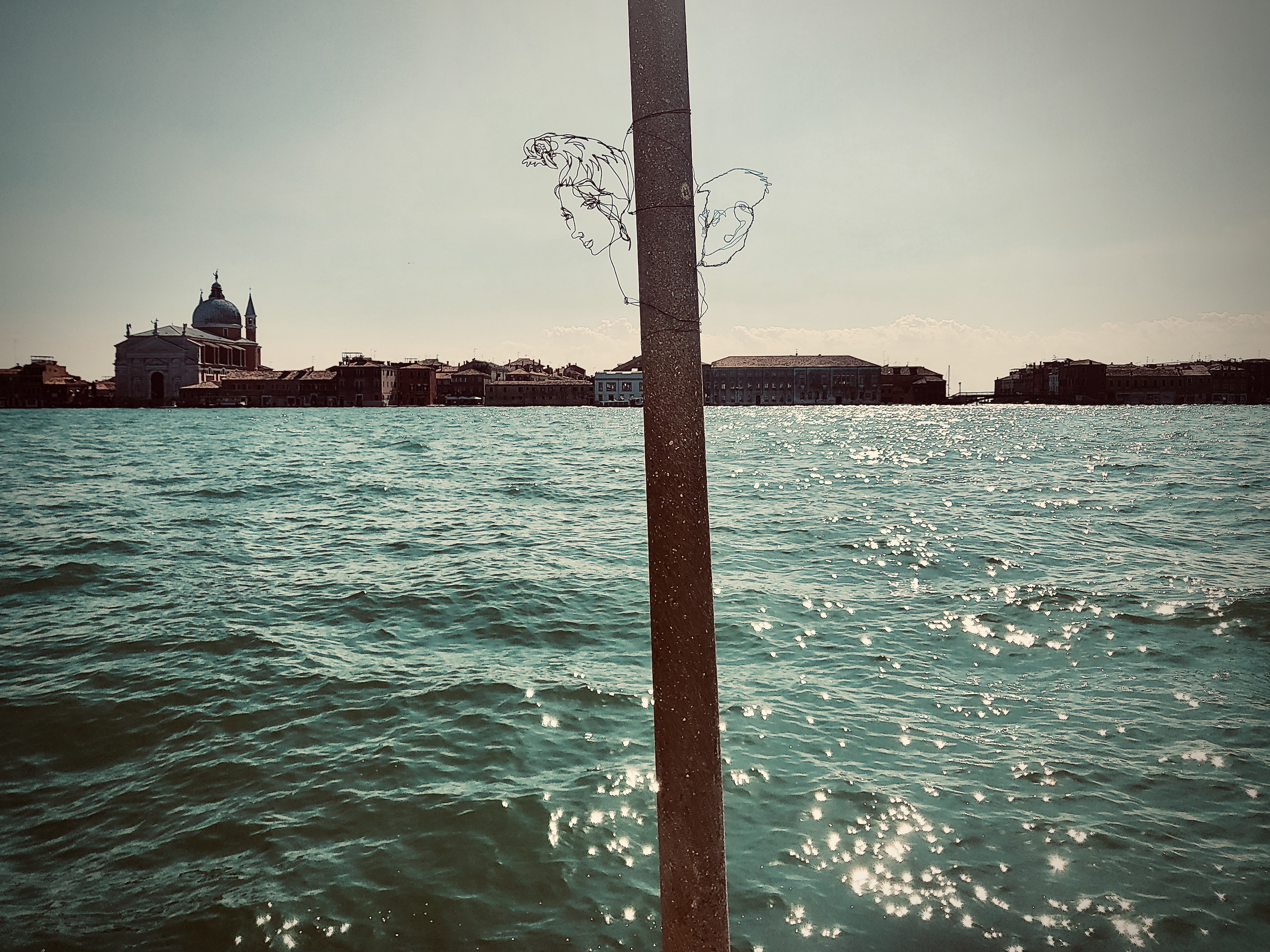WWP in Venice
Warwick Writing Programme Summer School 2023:
Venice - Staying Above the Water
Dragan Todorovic,
Reader, Director of the Warwick Writing Programme
Why?
The whole idea of the Warwick Writing Programme Summer School started from an unexpected side: how can Rancière’s theory of distributed learning be applied in modern academia? How can we take the story of Joseph Jacotot, an 19th century French teacher who successfully taught in Belgium without knowing the language, and apply it towards our teaching?
From there, it went like this: what is the area our students of creative writing would likely want to cover, in which we do not (yet) have an expert? As this intellectual process incidentally was happening while considering different plans for our presence in Venice, the theme became painfully obvious: eco-writing. Venice, that Mona Lisa of cities, needs urgent help to defend itself from the threatening development of climate change. What would happen if we gathered a group of postgraduate students—of whom nobody was versed in eco-writing—situate them with a few teachers in Venice for a week, and let them explore this theme in situ? Would we be helpless and turn into part of the problem, or would we indeed find our knowledge in exchange and intellectual autonomy? This was an experiment worth pursuing.
From the beginning, we knew that, if the project would be successful, we might want to turn it into a module, and—as we believe in sustainable development, from within and from needs—we wanted to have students participating through elements of direct democracy. Our first step was to engage two postgraduate students who would work as co-producers. Their function was to be present in every level of decision-making and organisation, but also to be keen observers of the process, as their reports would be building blocks of the future module.
One of the pillars of Rancière’s theory is the premise of radical equality, so we decided to include both MA and PGR participants and to invite all PG students of SCAPVC. The students of the Warwick Writing Programme had a slight advantage, but the WWP Summer School was truly open to all five units comprising the school. We ended up with a wonderful mixture of MA and doctoral students, from the USA, Nigeria, United Kingdom, Bulgaria, Canada and China, united by two things: the nature of their research (this was the method of selection: each potential participant was invited to write a short explanation of how eco-writing fit within their research interests), and their dedication to being part of the solution.
Thanks to the IATL funding and support from the SCAPVC, all participants were offered half-board accommodation in Centro Culturale Don Orione Artigianelli, an ex-monastery redeveloped as a hotel, working space in our excellent new facilities in Palazzo Giustinian Lolin on Canal Grande, and collective dinners in a restaurant halfway between these two points. This arrangement was as close to the concept of the Ancient Greek Academia as is possible to organise in today’s conditions.
And?

The Result
The Warwick Writing Programme (WWP) Summer School 2023, held from September 17-22 in Venice, was an unprecedented success. This year's theme, "Venice: Staying Above the Water," was not just an academic exercise but an experimental and immersive journey into the heart of one of the world's most beautiful and environmentally threatened cities, aptly reflecting the urgent need to address environmental concerns through the power of the written word. Participants from diverse backgrounds gathered to explore the intersection of literature and ecology. Guided by the principles of Rancière's theory of distributed education, the programme aimed to break down traditional hierarchical structures of learning, fostering an environment where every participant could contribute as both a student and a teacher.
[More]
